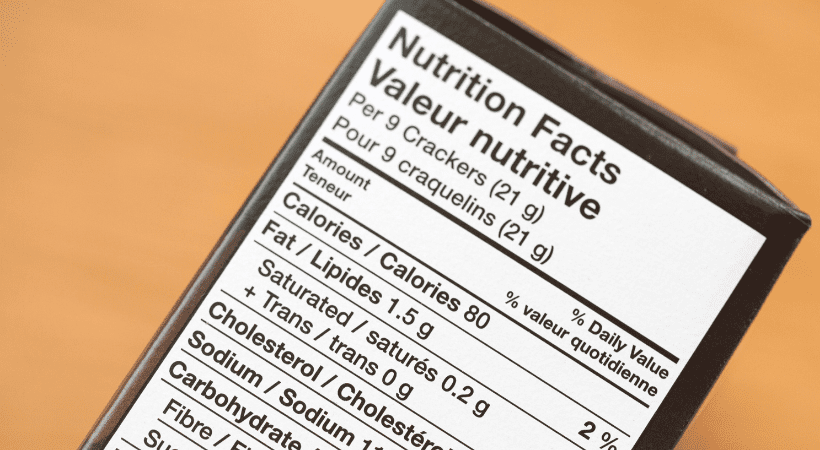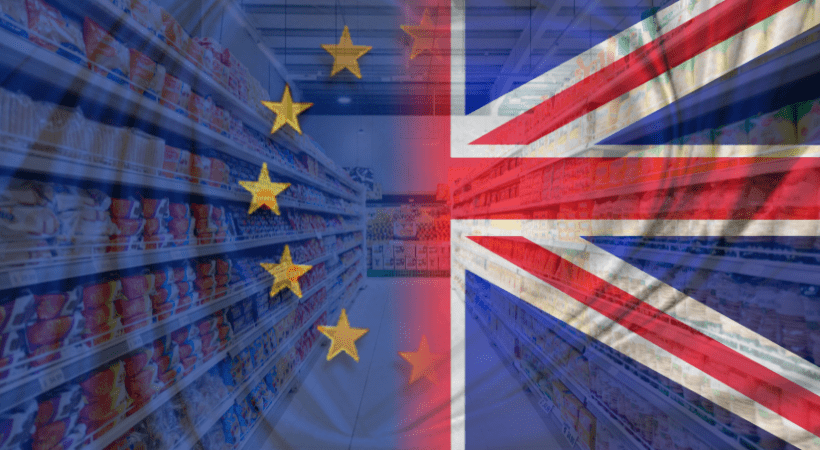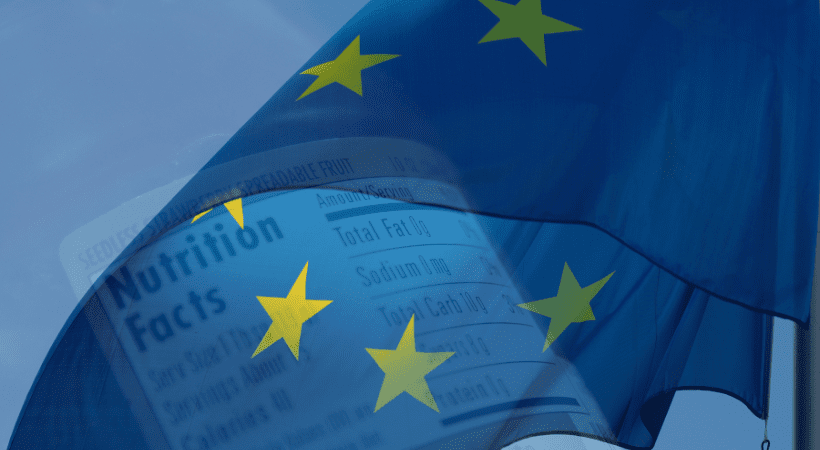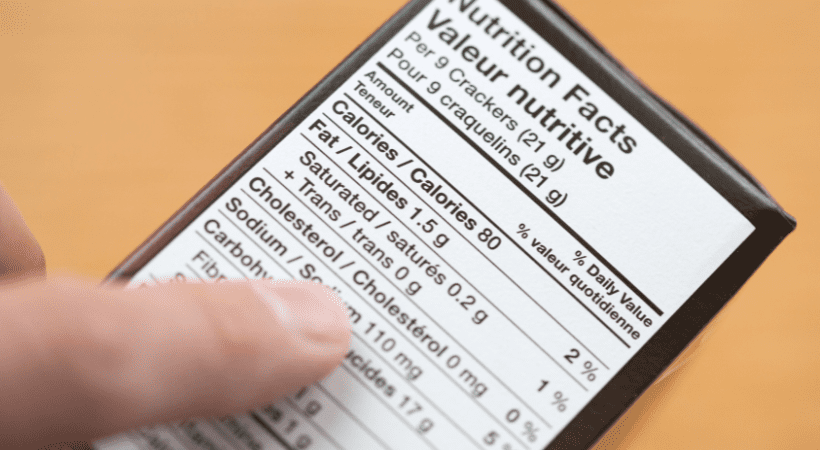Regulatory Updates
Redefining Healthy: What the FDA’s New Rules Mean for Food Labels and Nutrition Claims
On 19th December 2024, the Food and Drug Administration (FDA) issued the final rule for the new definition of “healthy” when used in voluntary claims in food labelling. This is an update to a 30-year-old definition and aligns it to current scientific agreement around nutrition standards. It also aligns the concept of ‘healthy’ with the…
Read MoreUnpacking the Chaos: How EU and UK Food Labelling Complexity Impacts Consumers and Businesses
Food labelling is meant to guide us – helping consumers make informed ethical, dietary and environmental choices while enabling food businesses to comply with regulations. But in the EU and UK, the sheer complexity of labelling requirements, driven by overlapping rules and added information, has made labels confusing for all. In this blog, Rebecca Kaya…
Read MoreWhat is the latest progress on ‘Not for EU’ Food Labelling in GB?
‘Not for EU’ must appear on the labelling of certain foods moved from England, Scotland or Wales (GB) to be sold in Northern Ireland (NI) under the Northern Ireland Retailer Movement Scheme (NIRMS). Currently, the labelling is required only for goods moving into NI from GB by the EU (not UK) Regulation – 2023/1231 –…
Read MoreChanges to England’s Bread and Flour Regulations: What you need to know
In 2022, the UK Government and devolved administrations launched a UK-wide consultation on the proposed amendments to The Bread and Flour Regulations 1998 and The Bread and Flour (Northern Ireland) Regulations 1998, seeking views and further information on proposals to: In this article, we summarise the government’s response to the proposals and what businesses will…
Read More‘Not for EU’ Labelling Explained
The recent ‘Not for EU’ labelling seen on products sold in the UK is causing quite a stir for both industry and consumers. While there is currently no enforced law regulating ‘Not for EU’ labelling in the UK, the UK government has asked the industry to begin transitioning in preparation for the expected legislation in…
Read MoreChanges to Belgium Language Requirements for Labelling – Everything you need to know
For businesses selling their products in Belgium, there amendments to national regulations clarifying what languages should be used on food and beverage labelling. We talk to our local food regulatory experts who explain everything you need to know about the amendments and how to comply. Contents What is the law and why has it been…
Read MorePEAL Food Allergen Labelling Australia: A Complete Guide to the New Legal Requirements
What is PEAL Labelling? If you export foods to be sold in Australia and New Zealand, you need to comply with the Australia New Zealand Food Standards Code (ANZFSC), which includes all requirements for allergen declarations. On 25th February 2021, changes were introduced into law via the ‘Plain English Allergen Labelling’ – ‘PEAL’ – amends…
Read MoreA Guide to the FSAs New Guidance for CBD Products Sold in the UK
Rebecca Kaya, Regulatory Specialist at Ashbury shares her insights on the latest changes to CBD regulatory guidance in the UK.
Read MoreFDA Regulations for Labelling ‘Gluten-Free’ and ‘Free-From’ Foods in the US
With allergens on the rise worldwide, and more people opting for more control over what they consume, it has never been more important to trust our food labels and make confident decisions about what we consume. New innovations in the ‘free-from’ market are providing more safe choices to those with food allergies or intolerances. However,…
Read MoreNatasha’s Law: What is it & What Does it Cover?
Navigating the world of food labelling compliance is essential for businesses hoping to launch successful products that are safe for consumers to eat. One of the most significant changes to food law in recent years was the introduction of the UK’s Food Information (Amendment) Regulations 2019, commonly known as ‘Natasha’s Law’. The amendment to regulations…
Read More








